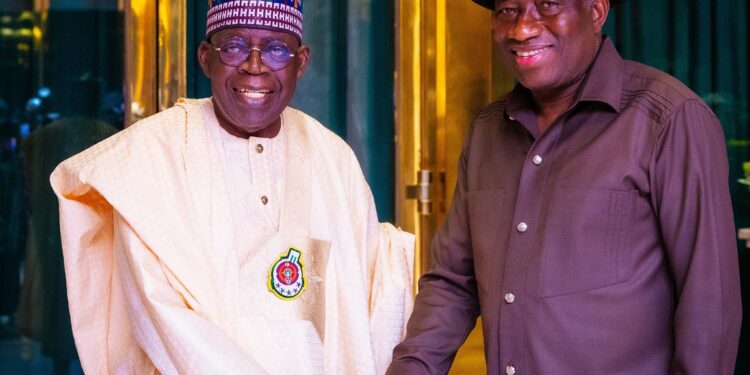I have been involved in a number of things in west Africa and Africa . Infact tomorrow I will be in Kenya and in the 14th of November I will be in Liberia, so I am like a roving Ambassador seeing how we can bring peace to the sub region and the continent.
My visit would have taken place since last week but it couldn’t hold but today it has now concided with the judgement if the supreme court judgement of yesterday. So it is an opportunity for me to also congratulate Mr President.
We talked alot about the country. You will see more of me because there are certain things we discussed and the country must move forward.
Elections are over and so we must move forward.
With the successful transition of power in Nigeria ,how do you see Nigeria leading Africa?
That is what all Africans are saying , I had a program on democracy dialogue and Prof Lumumba spoke there, he emphasized the need for Nigeria to take a lead in Africa.
Yes, we have challenges economically now but we still have what it takes to lead Africa.
These are some of the issues I will continue to have conversations with Mr President, including briefing him on all my foreign progs. They are not personal issues, traditionally former Presidents when they go outside the country for continental or regional programs ,and even some international. When You come home you brief the president that is the tradition.
Most atimes when you see me here that us what we come to do, to move Nigeria forward and to move ECOWAS forward and to move African continent forward.
Supreme court verdict .we need to bring all our political leaders including all our former Presidents together , we will not be fighting, if top leaders continue fighting they will not suffer that much but the down trodden will suffer
And we want to end that tension so we move forward.











